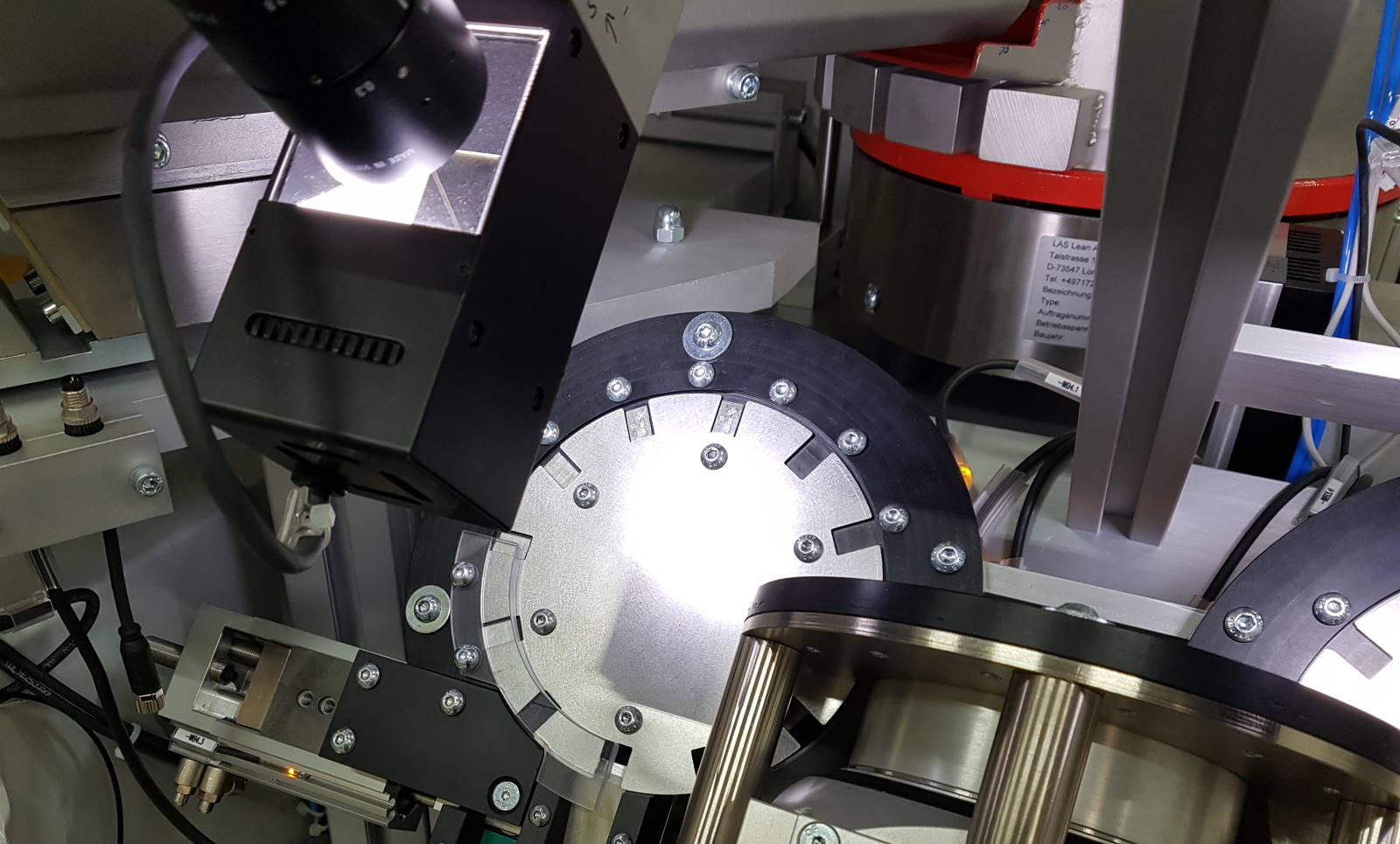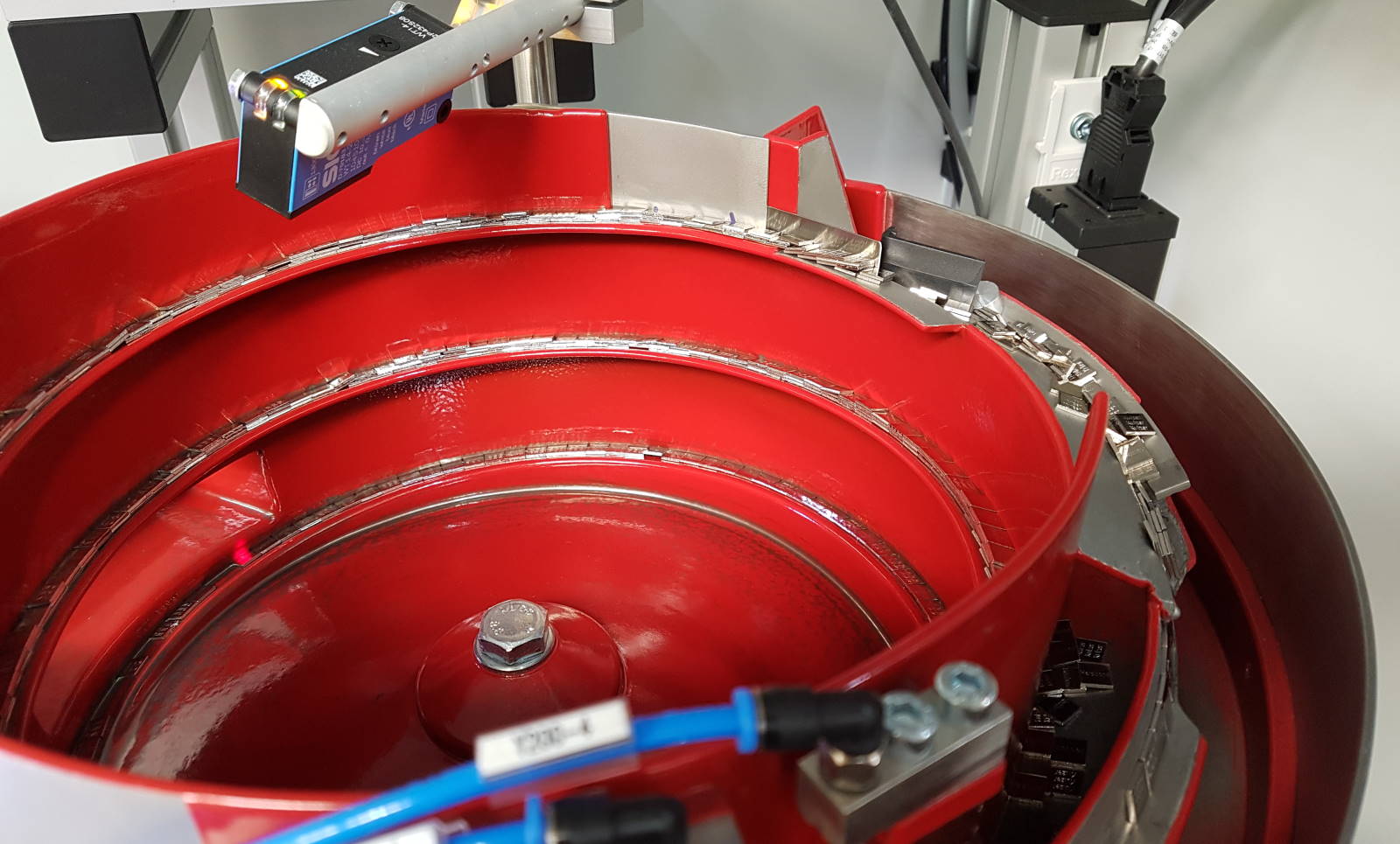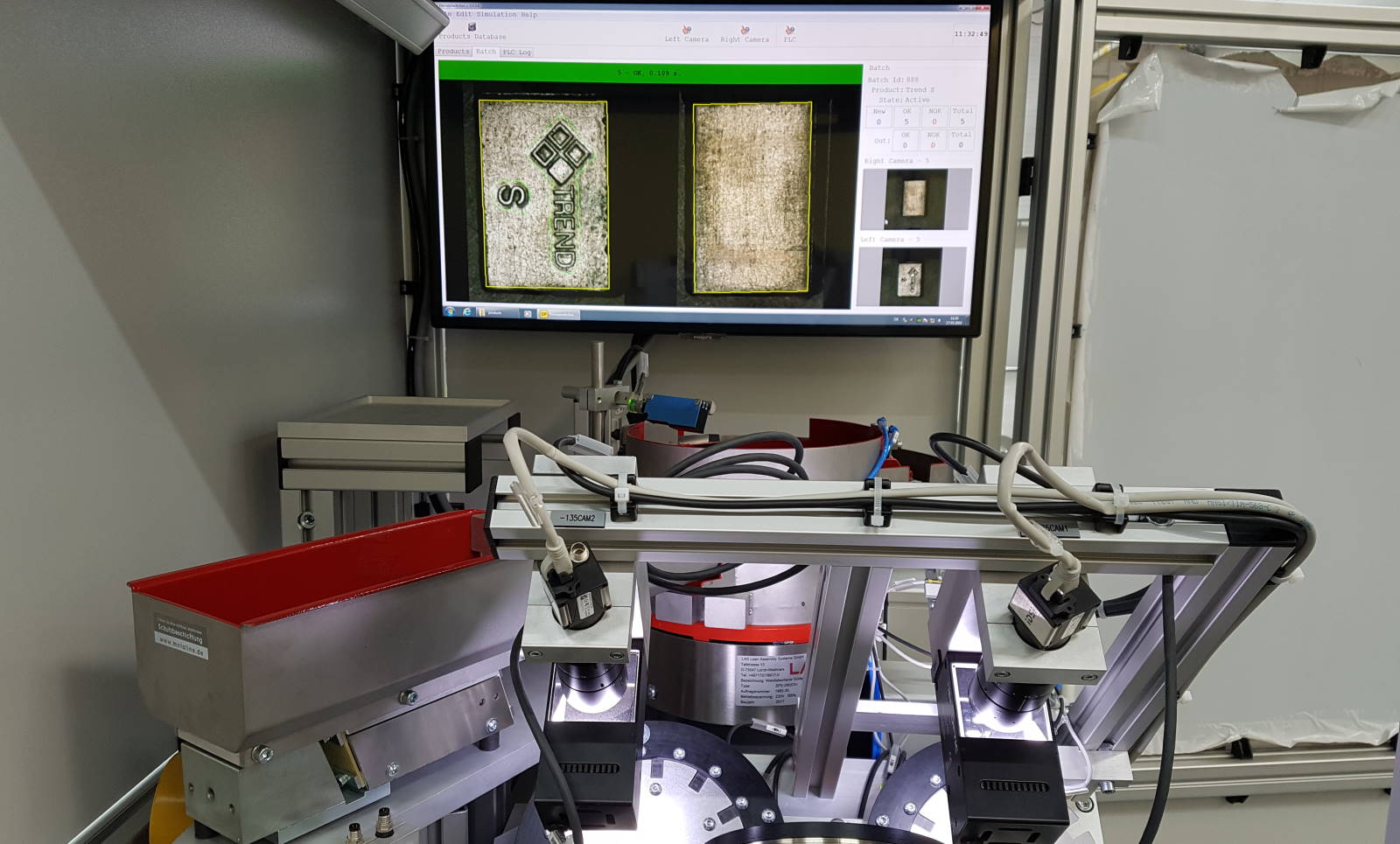For dental alloys manufacturers, quality is paramount, as prostheses and devices these alloys are used for, such as crowns, dentures or braces, must be durable and virtually indestructible.
Our client, a German precious metal company serving global customers, needed to check alloy plates for any problems which could lead to the erosion or breaking of dental prostheses. These plates are very small and the client’s historic solution, similar to most alloy manufacturers, relied on people identifying defects with a magnifying glass. Naturally, this is extremely tedious, time-consuming and error-prone. In addition, there are hundreds of types of alloys which come in a multitude of shapes and a great variety of plate imprints (e.g. the final customer logo) – all of which people must be trained to recognize and check.
We trained AI (our product Aurora) to take over from humans who also had to manually label every single defect. Rather than using a dataset with every possible defect, we trained our neural networks to find and recognize the defects based on a ‘defect/no defect’ input. The AI learns from this minimal ‘ok/not ok’ information and reliably identifies any issues and their location, while also checking for the correctness of the plate shape and any imprints.


